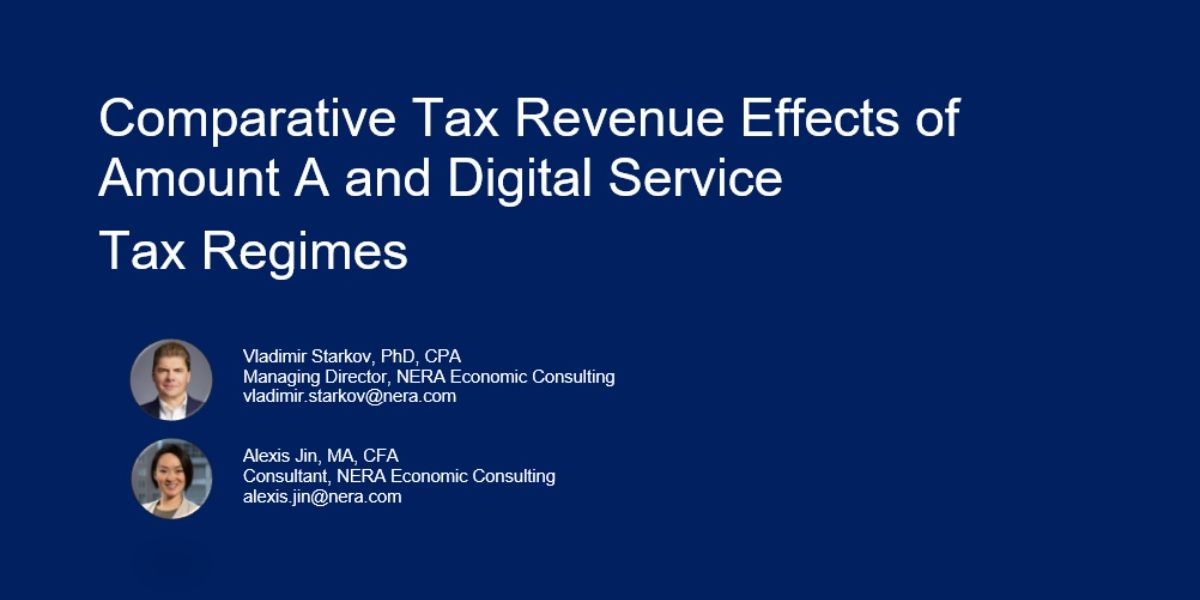Action 14 of the OECD project on base erosion and profit shifting (BEPS) was concerned with making dispute resolution procedures more effective. The final report on Action 14 approved by G20 finance ministers in October 2015 outlined the minimum standards and best practices for the resolution of treaty related disputes under the mutual agreement procedure (MAP).
On 20 October 2016 the OECD released key documents that form the basis of the process of making dispute resolutions more effective. These documents consist of terms of reference; an assessment methodology; the MAP statistics reporting framework; and guidance on specific information and documentation required to be submitted with a request for MAP assistance.
The terms of reference set out the minimum standard in a way that can form the basis for peer reviews. These terms of reference assess the legal and administrative framework in a country and the practical implementation of the framework. The peer review will aim to determine how the MAP regime is performing in relation to 21 elements in four important categories – preventing disputes; availability and access to the MAP; resolution of MAP cases and implementation of MAP agreements.
The documents include the assessment methodology for the peer review and monitoring process. This sets out the detailed procedures and guidelines for the peer review and monitoring process. This will take a two stage approach. The first stage would involve reviewing a country’s implementation of the minimum standard on the basis of its legal framework for MAP and the application of the framework. The second stage would involve a review of the measures the country has taken to improve any weak areas identified in the first stage of the peer review.
There is also documentation outlining the MAP statistics reporting framework. This puts forward a collaborative approach by competent authorities to resolving cases under the MAP. A common timeline would be adopted by the competent authorities in both countries for resolving MAP cases. With effect from the 2016 reporting period countries would report statistics on their MAP cases on the basis of common definitions of terms; common rules on counting MAP cases; and common reporting of the outcomes from the MAP cases based on defined categories of outcomes. The reporting framework will therefore increase transparency on the statistics available in relation to the inventory and types of MAP cases and the outcomes of cases.
Guidance is given on the documentation to be submitted with a MAP request. This guidance identifies the specific information that should be submitted with a MAP request and the relevant documentation. Countries should not limit the access of a taxpayer to the MAP process on the basis that insufficient information was provided if the taxpayer has followed the guidance outlined in the document. The OECD suggests that countries could use this guidance to draw up their own MAP guidance.
The use of peer reviews and collection of statistics on MAP cases will ensure that tax treaty related disputes are resolved in a timely and effective way. The peer reviews will involve the inclusive framework set up for implementation of BEPS and this will ensure that the streamlining of the MAP process takes into account the experience of both developed and developing countries. The process of peer review and monitoring will be conducted by the OECD Forum on Tax Administration’s MAP Forum.
The OECD notes that reviews will be undertaken on the basis of existing double tax treaties and there is no requirement for countries to conclude new tax treaties for this purpose. The methodology allows for the possibility that some developing countries could defer the peer review because of current capacity limitations and their relatively small pipeline of MAP cases.
MAP profiles are to be published and updated by the OECD for the members of the Inclusive Framework. These will give contact details for the competent authorities, domestic guidelines for the MAP and other information that may be useful for taxpayers and the tax authorities.
The peer reviews are to be undertaken in batches with the first batch due to start in December 2016. Before the peer reviews are launched taxpayer input will be requested and the OECD is to publish a questionnaire for taxpayers.
















